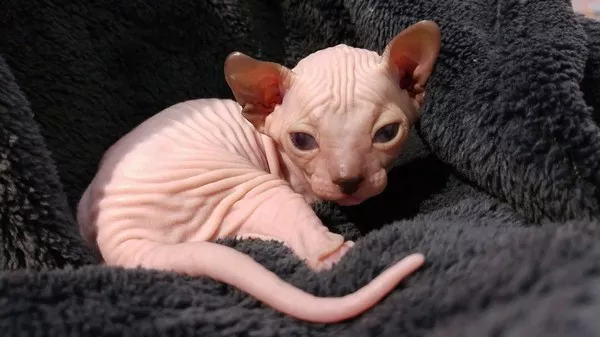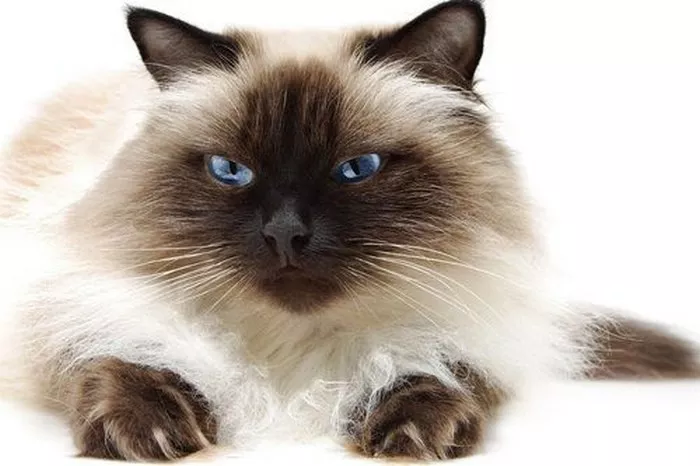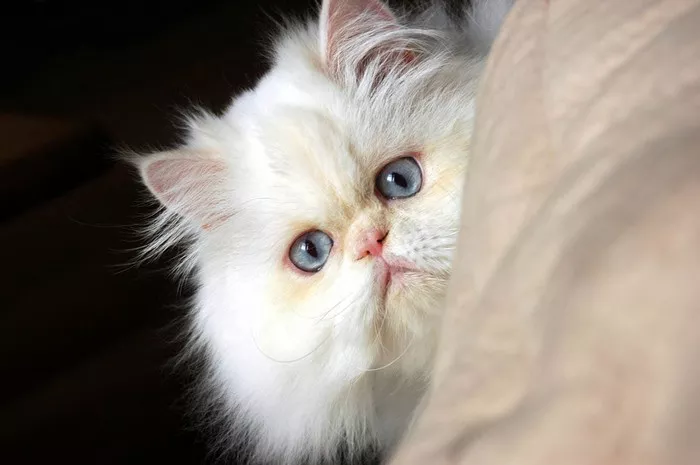Sphynx cats, with their unique appearance and playful personalities, often captivate the hearts of cat lovers worldwide. For those considering adding a Sphynx cat to their family, one common question arises: Are Sphynx cats good with dogs? In this comprehensive article, we will delve into the intricacies of feline-canine relationships to uncover whether Sphynx cats and dogs can coexist harmoniously. From understanding their individual temperaments to fostering positive interactions, we’ll explore the factors that contribute to successful interspecies relationships.
Understanding Sphynx Cats: An Overview
Before we delve into their compatibility with dogs, let’s first understand the nature of Sphynx cats. Known for their distinctive hairless appearance, Sphynx cats are not actually completely hairless; they have a fine layer of downy fur that gives them a unique texture. Despite their lack of fur, Sphynx cats are known for their affectionate and outgoing personalities. They are often described as social, curious, and highly energetic, enjoying interactive play and human companionship.
The Role of Socialization:
Socialization plays a crucial role in shaping a cat’s behavior and temperament, regardless of breed. Early exposure to different people, animals, and environments helps cats develop confidence, adaptability, and positive social skills. When introduced to dogs during their formative weeks and months, Sphynx cats are more likely to view them as companions rather than threats. Proper socialization lays the foundation for positive interspecies relationships and can greatly influence how Sphynx cats interact with dogs later in life.
Temperament Traits of Sphynx Cats:
While individual personalities can vary, Sphynx cats are generally known for their friendly and outgoing nature. They are sociable creatures that enjoy interacting with humans and other pets, making them well-suited for multi-pet households. Sphynx cats are often described as affectionate, playful, and curious, with a tendency to seek out attention and companionship from their human family members. Their sociable demeanor can facilitate positive interactions with dogs, provided that proper introductions and socialization are undertaken.
Factors Influencing Compatibility:
Several factors can influence the compatibility between Sphynx cats and dogs:
Individual Personality: Both cats and dogs have unique personalities that can vary widely within breeds. When introducing a Sphynx cat to a dog, it’s essential to consider the temperament and personality of each animal. For example, a laid-back and easygoing dog may be more compatible with a sociable and outgoing Sphynx cat than a high-energy and excitable dog.
Early Experiences: Early experiences and socialization play a significant role in shaping a cat’s behavior and attitudes towards other animals. Sphynx cats that are exposed to dogs in a positive and controlled environment during their formative weeks and months are more likely to develop positive associations and behaviors towards them.
Breed-Specific Traits: While Sphynx cats are generally sociable and friendly, individual breed traits can also influence their compatibility with dogs. For example, some Sphynx cats may have a higher prey drive or territorial instincts that could affect their interactions with dogs. Understanding breed-specific traits and tendencies can help anticipate and address potential challenges in multi-pet households.
Introducing Sphynx Cats and Dogs:
Proper introductions are crucial when introducing a Sphynx cat to a dog to ensure a smooth transition and foster positive relationships. Here are some tips for introducing Sphynx cats and dogs:
Gradual Introduction: Begin by allowing the animals to become familiar with each other’s scent and presence from a distance. Use baby gates or barriers to create separate spaces where they can see and smell each other without direct contact.
Supervised Interactions: Once the animals are comfortable with each other’s presence, gradually introduce supervised interactions in a controlled environment. Keep initial interactions short and positive, rewarding both animals for calm and non-threatening behavior.
Positive Reinforcement: Use treats, praise, and rewards to reinforce positive interactions between the Sphynx cat and dog. Encourage gentle play and discourage any rough or aggressive behavior from either animal.
Monitor Body Language: Pay attention to the body language of both animals during interactions. Look for signs of stress, fear, or aggression, and intervene if necessary to prevent escalation. Provide plenty of opportunities for both animals to retreat to their own spaces if they feel overwhelmed.
Building a Strong Bond:
With patience, consistency, and positive reinforcement, Sphynx cats and dogs can develop strong bonds and enjoy each other’s companionship. Regular play sessions, shared activities, and supervised interactions can help foster positive relationships and build trust between the animals. By understanding their individual personalities, respecting their boundaries, and providing a safe and nurturing environment, Sphynx cats and dogs can thrive together as loving companions.
Conclusion:
In conclusion, Sphynx cats are generally well-suited for living with dogs, provided that proper introductions, socialization, and supervision are undertaken. Their friendly and sociable nature, coupled with early exposure to dogs and positive reinforcement, can facilitate harmonious relationships between the two species. By understanding their individual temperaments, respecting their boundaries, and fostering positive interactions, Sphynx cats and dogs can coexist peacefully and enrich each other’s lives as cherished companions in multi-pet households.



























